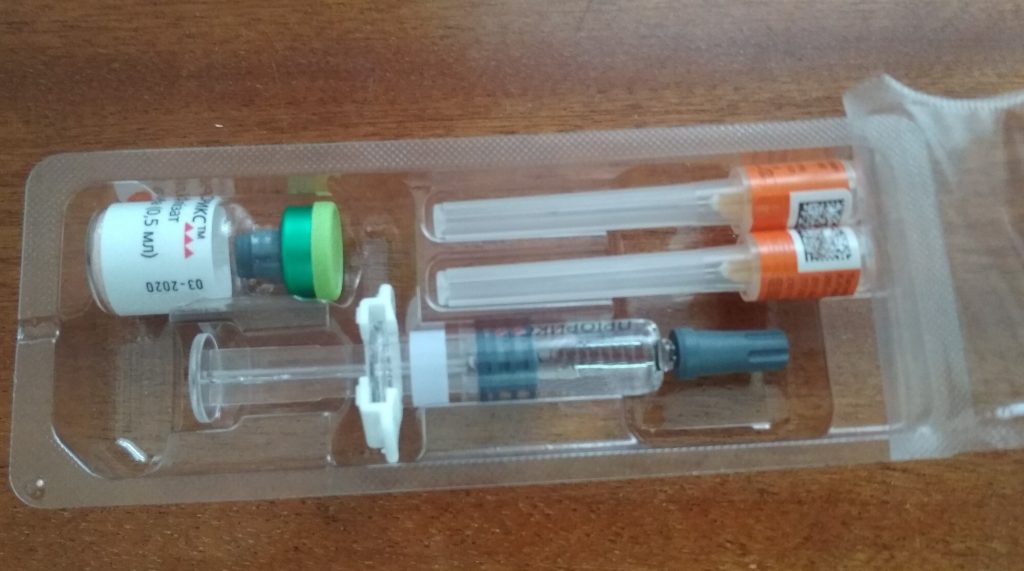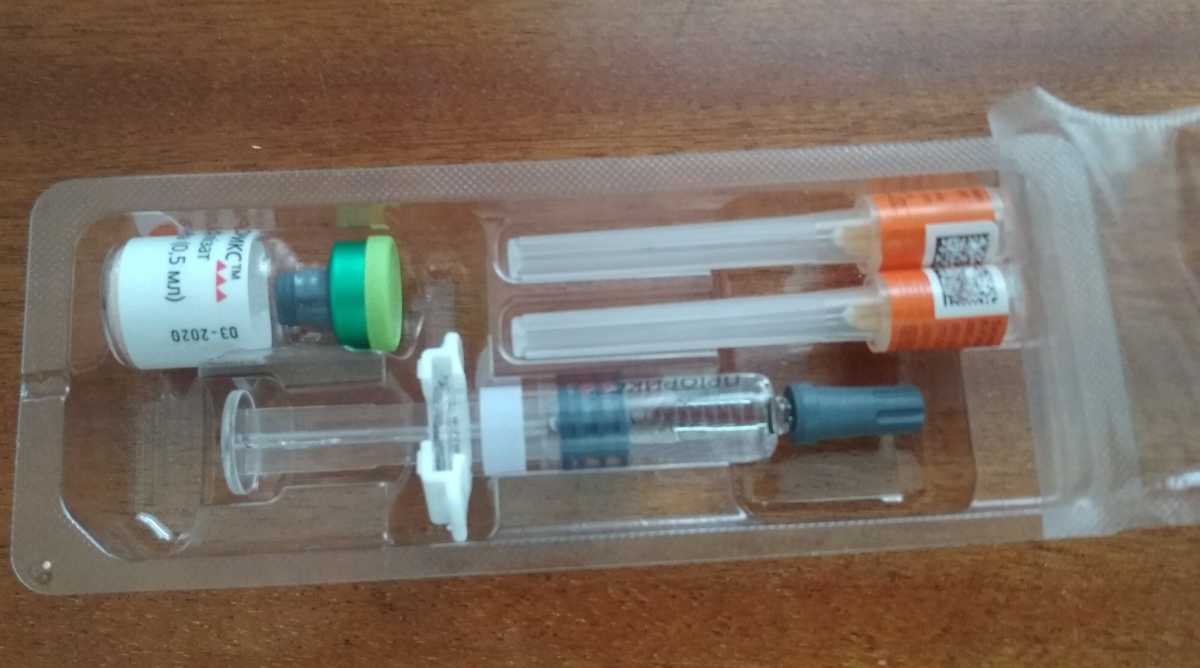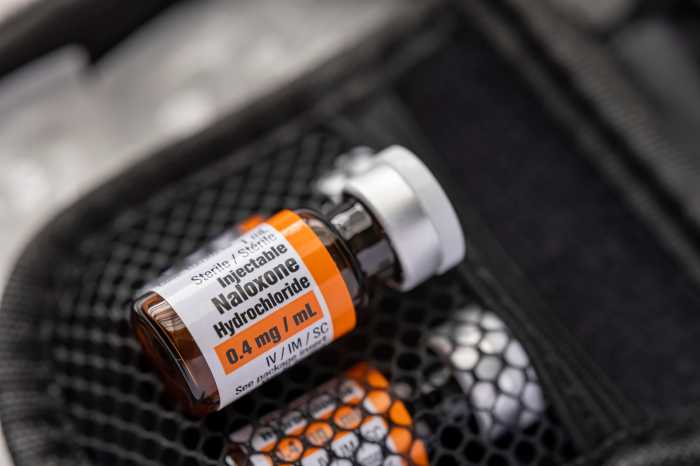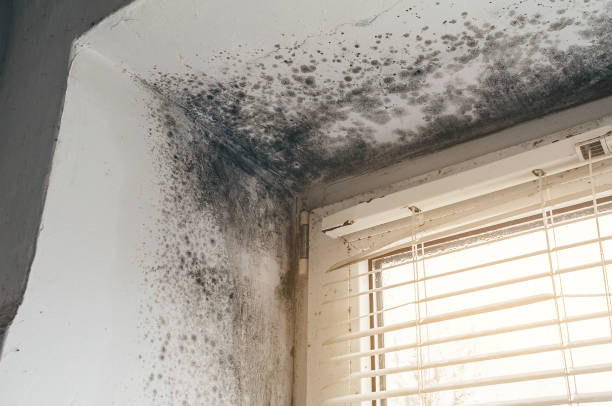BY ALEJANDRA O’CONNELL-DOMENECH | State politicians recently gathered on the steps of City Hall to drum up support for a new bill that bans religious exemptions from vaccinations for any child who attends school in New York State.
“Just a few decades ago, we assumed measles was defeated, but now it’s roaring back,” said state Senator Brad Hoylman.
The push for the bill comes after Rockland County Executive Ed Day last month declared a state of emergency in his Upstate county following an outbreak of measles on Staten Island. As of April 16, Rockland County had 186 confirmed measles cases. According to the New York City government Department of Health page, as of April 3, there had been 259 confirmed cases of measles in Brooklyn and Queens. The outbreak is linked to ultra-Orthodox Jewish communities.

The bill, first introduced in 2014, is currently being sponsored by Hoylman in the Senate and Assemblymember Jeffrey Dinowitz. The legislation would repeal all nonmedical exemptions from vaccination requirements for children.
“I represent Rockland County and the numbers there do not lie,” said state Senator David Carlucci at the April 4 City Hall steps press conference. “We have an emergency, with one of the largest measles outbreaks in the state.”
Measles has been labeled as one of the 10 largest threats to global health in 2019 by the World Health Organization. Prior to the development of a measles vaccine in 1963, there were 2.6 million deaths from the disease worldwide annually, according to WHO.
Despite a discredited study from the 1990s by Dr. Andrew Wakefield, the majority of scientific research suggests that vaccines are safe and effective. When a large population has high vaccination rates, meaning between 93 to 95 percent of the population, there is a reduced chance of secondary infections occurring when a virus, like measles, makes its way into a community. This protects those who have weakened immune systems, such as people suffering from leukemia or H.I.V./AIDS.
The World Health Organization estimates that, between 2010 and 2015, 10 million lives were saved globally due to expanded vaccination programs.































